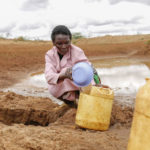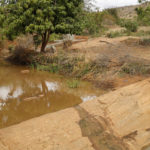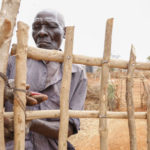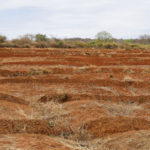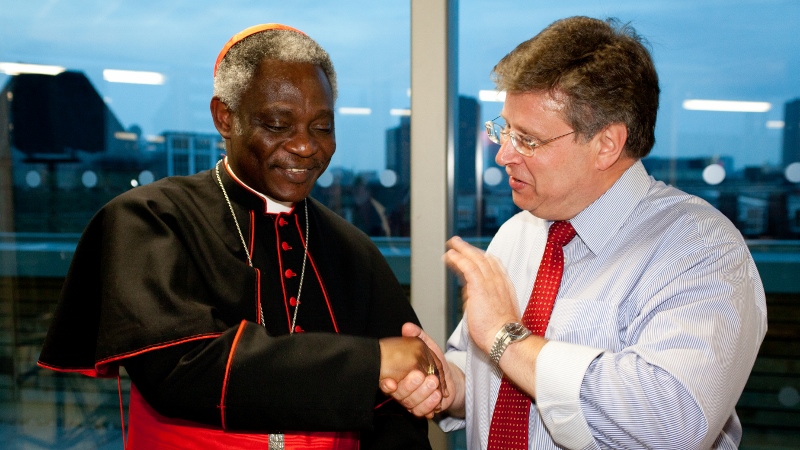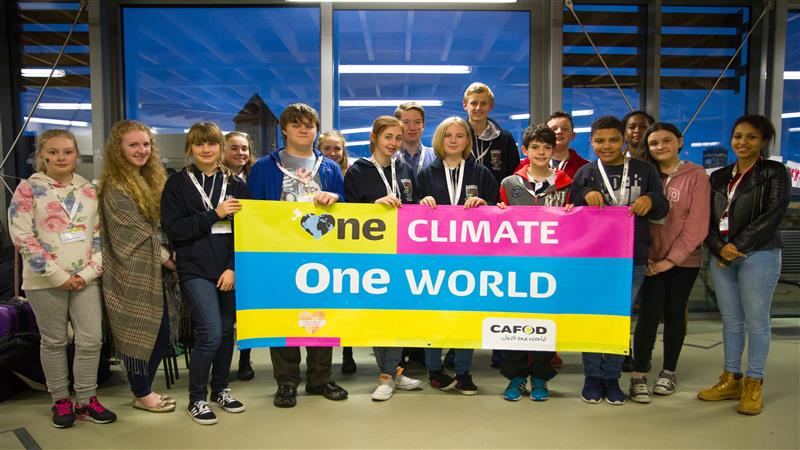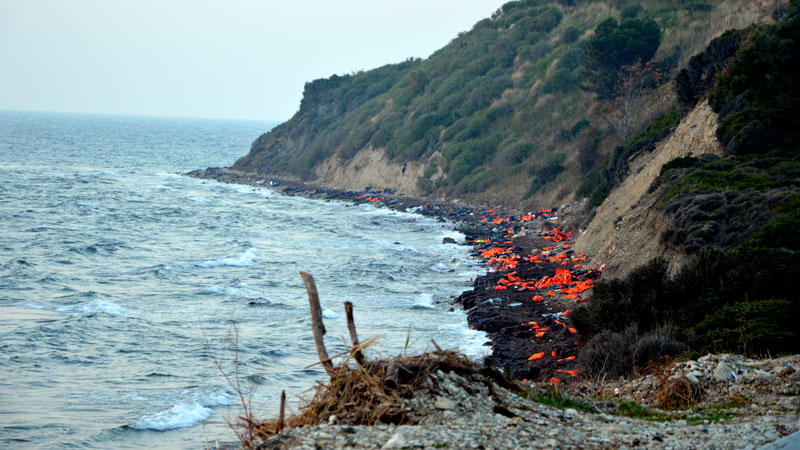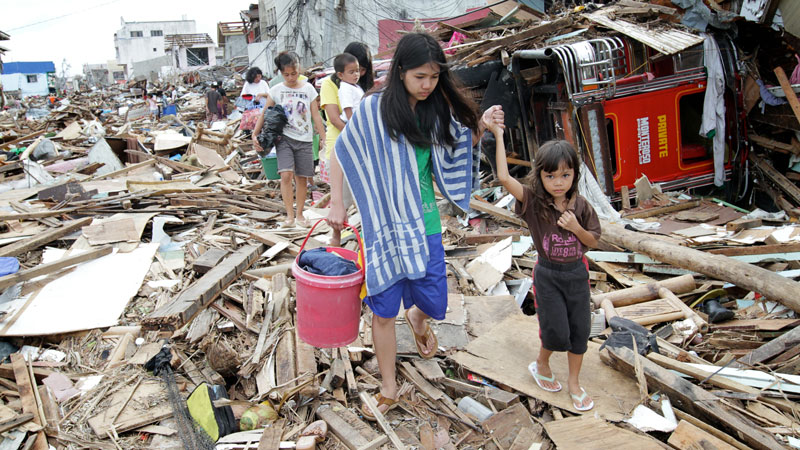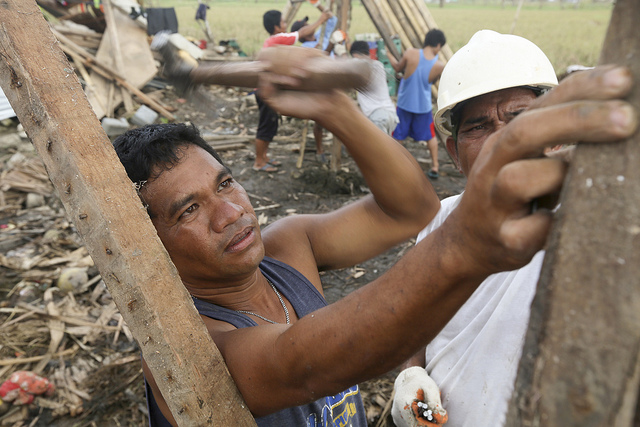World AIDS Day 2015
December 1, 2015
On World AIDS Day, Montserrat Fernández, Programme Officer for Central America, tells us how our partners in Guatemala are supporting women, men and children living with HIV.
The first time I met a person with HIV was in 1990, 25 years ago, in Canada. Since then, through my work with CAFOD in Central America, I have met dozens of girls, boys, women and men living with HIV, all of whom have enriched my understanding of how to live with dignity and with strength. On World AIDS Day, I want to share with you just one of the many stories from these individuals who have inspired me so much.
Gimena and David’s story
Gimena and her husband David are both living with HIV. When their baby boy was born, Gimena was breastfeeding him, unaware of the risks of transmitting the virus through her milk. They were not sure at that stage whether or not he was HIV positive because all newborns have antibodies from their mother, which means an HIV test shows positive, even if the baby is not infected himself.
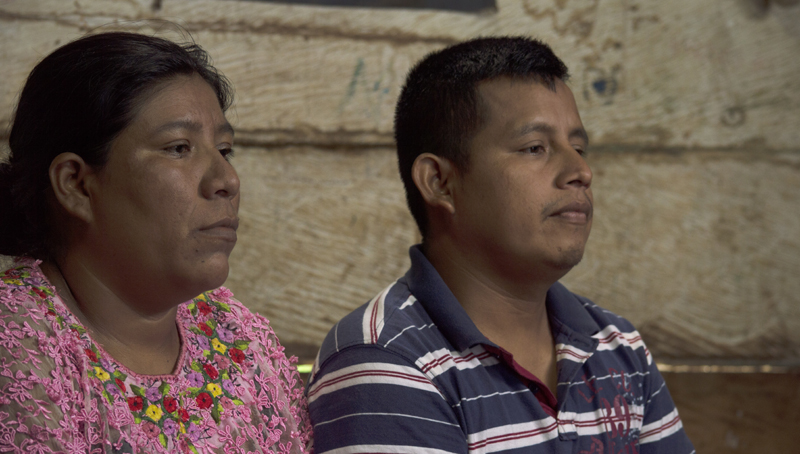
Gimena said: “The doctor told me: ‘Don’t breastfeed him any more.’ I started praying, asking God to save my baby.
“A year and a half later I said to God: ‘It’s going to be your will, not my desire.’ They tested my son, and after a time they told me: ‘Congratulations Mrs Gimena! Thank God! Although you breastfed him for four months, his HIV test result is negative.’ The doctors shouted and hugged each other, saying: ‘The child is well!’ I wept for pure joy.” Continue reading “World AIDS Day 2015”

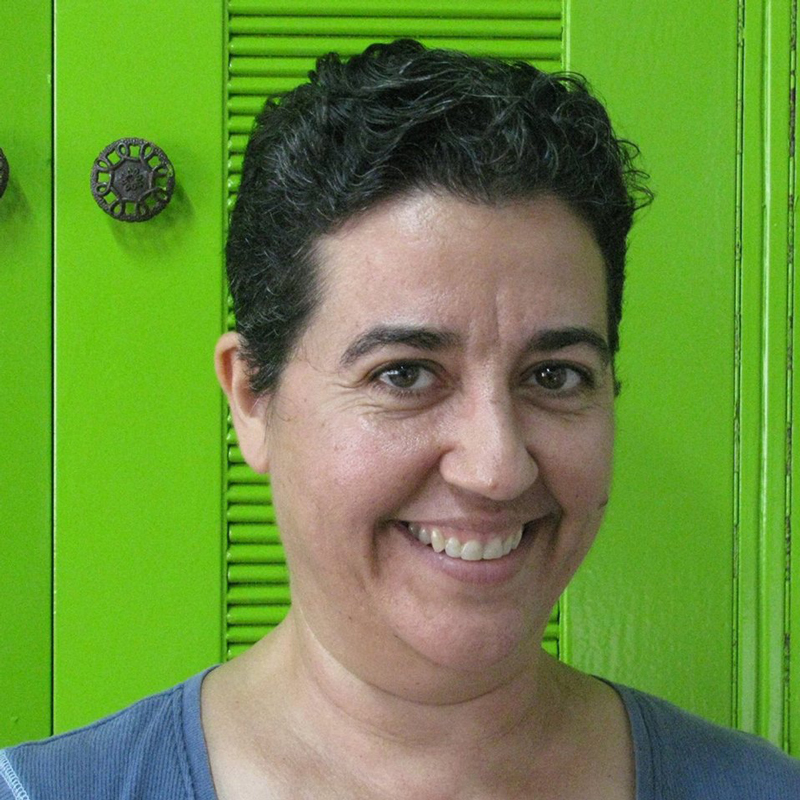
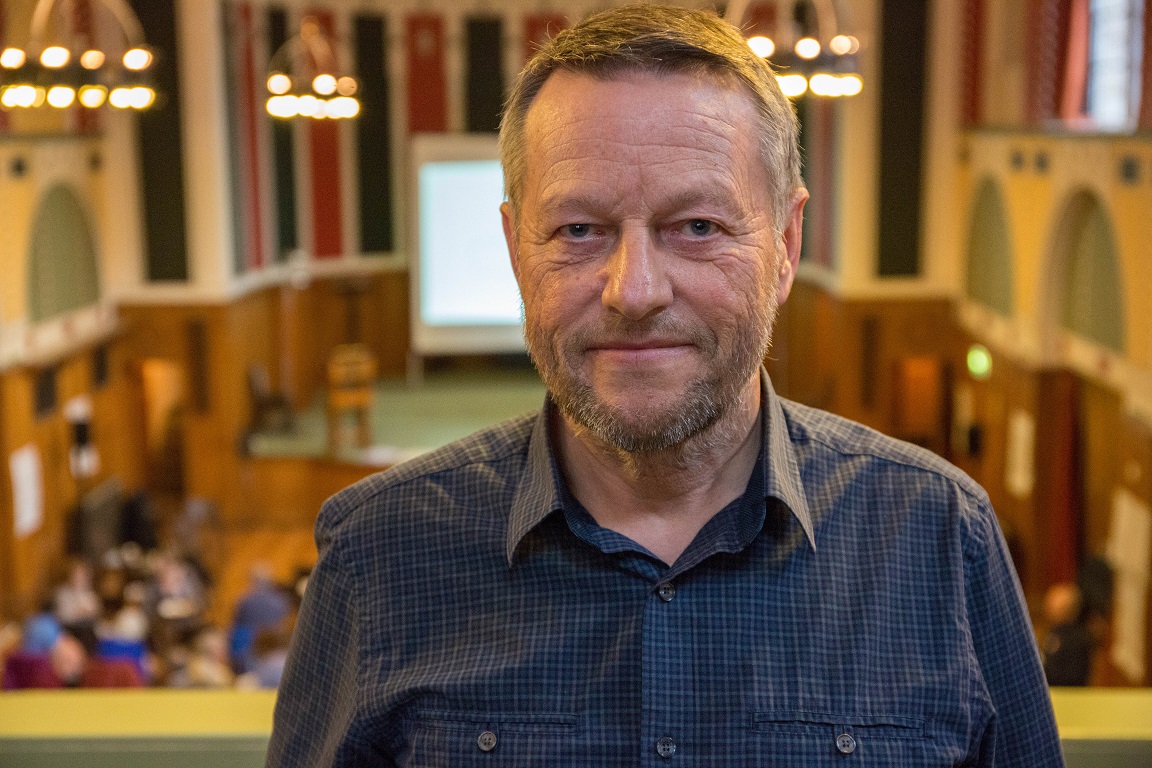 Paul Kelly is a CAFOD supporter in the Lancaster diocese. He will be travelling to Paris in December 2015 as part of a supporter delegation at the time of the UN climate talks.
Paul Kelly is a CAFOD supporter in the Lancaster diocese. He will be travelling to Paris in December 2015 as part of a supporter delegation at the time of the UN climate talks.